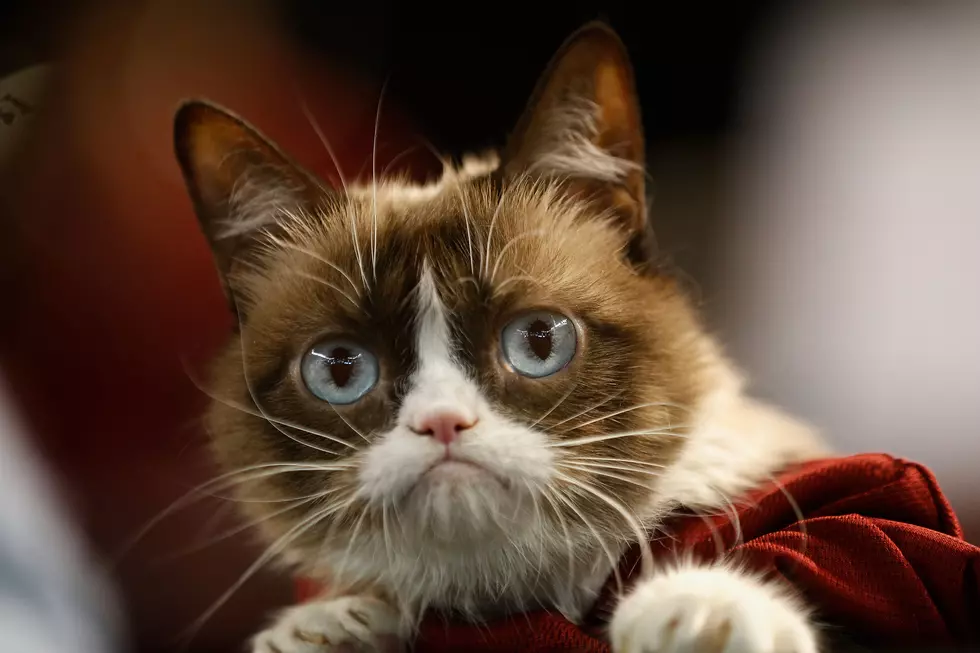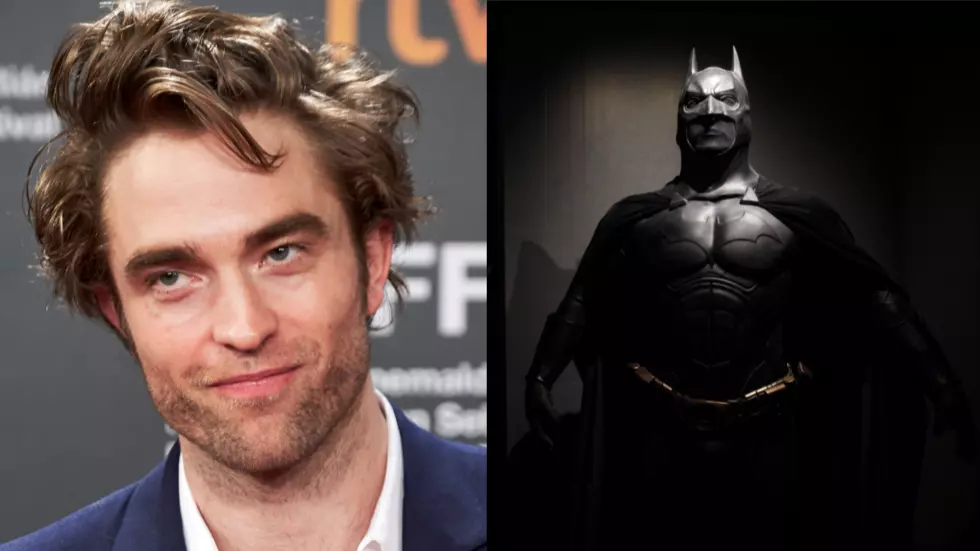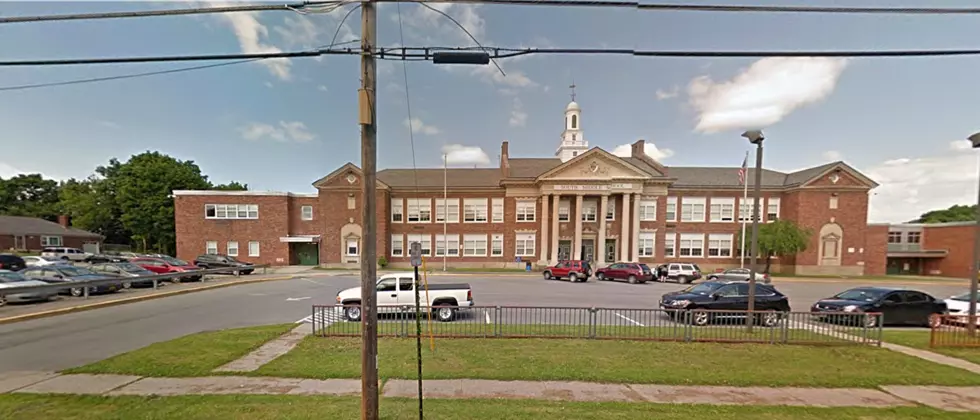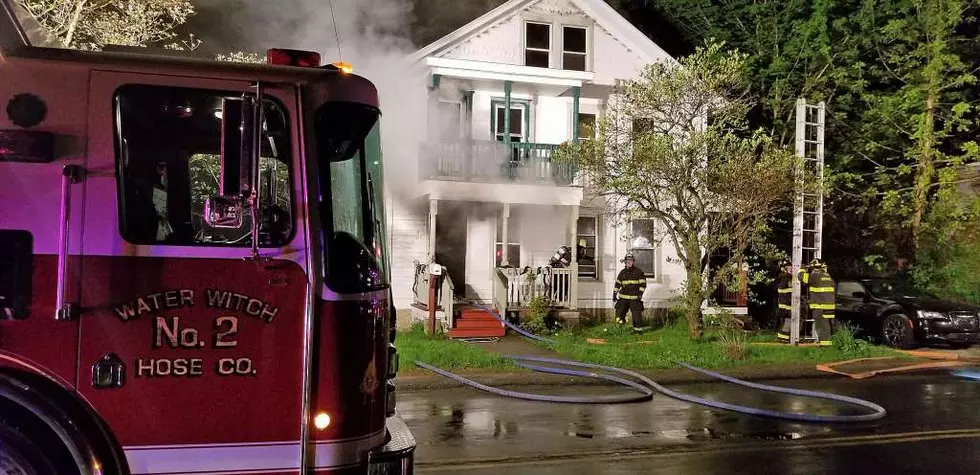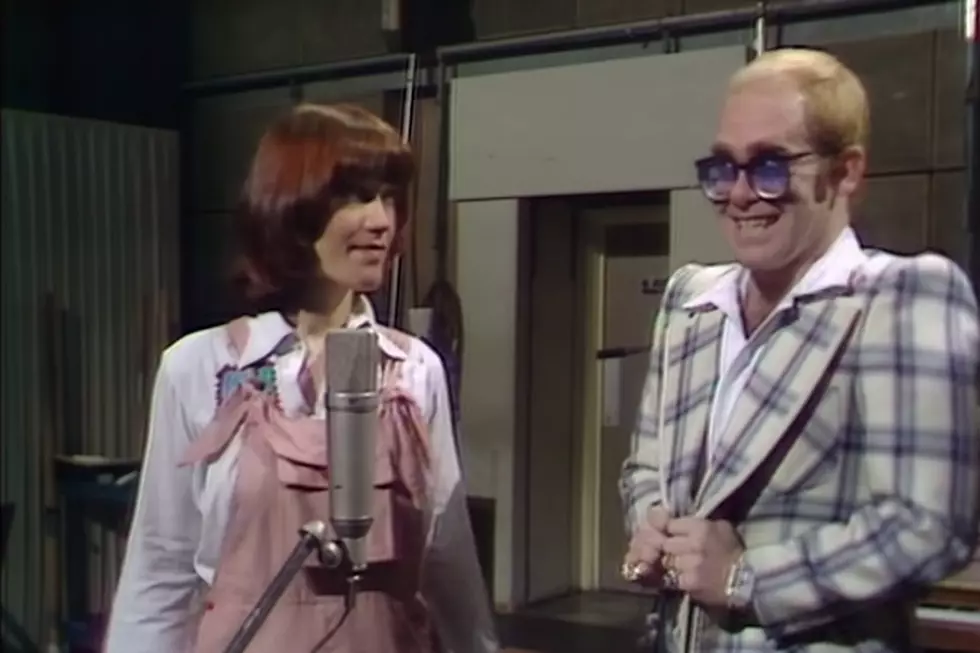
The Story of Elton John’s First U.K. No. 1, ‘Don’t Go Breaking My Heart’
For all the massive fame he had achieved by 1976, Elton John had yet to place a song at the top of the charts in his native Great Britain. That changed when he teamed up with Kiki Dee for "Don't Go Breaking My Heart."
Although Dee, born Pauline Matthews in 1947, had broken through a few years earlier, she already had more than a decade of recording experience under her belt. She'd began working with Fontana Records in 1963 when she was in her mid-teens, signing with the same label that gave John's early band Bluesology a shot. Her five-year tenure resulted in a handful of singles and a 1968 album, I'm Kiki Dee, none of which charted. But she gained a name for herself as a backup singer (appearing on Dusty Springfield's "Some of Your Lovin'" and "Little by Little") and a featured performer on radio and television.
That led to her becoming the first white British artist signed to Motown and while 1970's Great Expectations didn't match that lofty title, it proved fortuitous in another way. The music manager for Motown in the U.K. was John Reid, who was also managing Elton John. He convinced her to sign with the label they were forming, Rocket Records, and Loving & Free arrived in 1973 with her first U.K. Top 20, “Amoureuse.” A year later, Dee had a hit on both sides of the Atlantic with "I've Got the Music in Me." Her next project would involve her boss.
Elton John and Bernie Taupin used the pseudonyms Ann Orson and Carte Blanche – a bit of wordplay on the phrases "a horse and cart" and "carte blanche" – for "Don't Go Breaking My Heart," just as they had done on Rock of the Westies. According to producer Gus Dudgeon, John came up with the music first and then had Taupin pen the words, a different process from how they traditionally worked.
“Elton didn’t have a lyric for it," Dudgeon said, according to John's official website. "It was so weird to see him writing a song in the studio with no lyric. I’d never seen him do it before. And all he was singing was ‘Don’t go breaking my heart. Don’t go breaking my heart. Don’t go breaking my heart. Don’t go breaking my heart. Don’t go breaking my heart…’ That’s what he sang all the way through!”
For inspiration, they looked to Marvin Gaye's run of hit duets with Tammi Terrell and Kim Weston ("Ain't No Mountain High Enough," "It Takes Two," "You're All I Need to Get By"), which combined uptempo R&B with an orchestra. With the help of percussionist Ray Cooper, John's keyboardist James Newton Howard was given the opportunity to write the arrangement. He came up with a chart that used 20 strings (12 violins, four violas, four cellos).
"I wrote the arrangement on piano and then wrote it down on paper: the old-fashioned way," Howard recalled to EltonJohn.com. "There were no sequencers back in the day. Well, there were, but there was no way to sync them to tape. So, I just plunked it out on the piano, wrote it down, sent it to the copyist and that was it. ... The one thing I remember Elton saying is, ‘You should do a string solo.' The solo in the middle is full orchestra, so that was kind of fun."
John and his band recorded the track in Toronto during the sessions for Blue Moves and sent it to London for Dee to add her contribution. “I remember getting a copy of it with Elton singing his vocal," she also told EltonJohn.com, "and also doing my part in a high voice! I worked hard on my parts. Elton had already stamped the song with his vocal, which in a way is quite good, ‘cos it gives you a groundwork on how you’re gonna sing it. The precedent has already been set by him, and the writing and production of the song. I seem to remember working quite hard to get the right attitude. Good vocals are always hard work.”
She continued: "It was pretty informal. It’s interesting how something you approach with such a casual attitude – like the video (which was done in a couple of takes for a TV show), who would have thought that would have been played so much over the years?”
Released as a standalone single in June 1976, "Don't Go Breaking My Heart" went to No. 1 in both the U.S. (four weeks) and the U.K. (six weeks). That ranked as his sixth song to top the Billboard Hot 100 in four years, it was also Elton John's last until 1986, when he sang on Dionne Warwick's charity single "That's What Friends Are For." One of John's own compositions wouldn't reach No. 1 until another duet, George Michael's live remake of "Don't Let the Sun Go Down on Me" did so in February 1992.
In honor of their success on "Don't Go Breaking My Heart," John gave Dee a gold heart necklace with the song's title engraved on it; as of 2011, she said she still had it. And even though he's revisited "Don't Go Breaking My Heart" on several occasions, including singing it in high-profile situations with Miss Piggy on The Muppet Show, the Spice Girls, Minnie Mouse, RuPaul and actor/comedian Steve Coogan, John has never forgotten his original duet partner. They recorded a cover of the Four Tops' "Loving You Is Sweeter Than Ever" for her 1981 record Perfect Timing, she joined him onstage at Live Aid for "Don't Go Breaking My Heart" and they interpreted Cole Porter's "True Love" for his 1993 Duets album.
"I love working with him because as well as being hugely talented he's such a hoot," Dee said in 2013. "He's a fascinating person, incredibly loyal and one of the funniest, most quick-witted people I've ever met. As we were born just three weeks apart; we always do birthdays. He sends me an orchid and two bottles of champagne every year."
For Dee, it was the commercial high mark of her career, but it was a stepping stone for Howard. Since 1985, he's scored more than 100 movies, including Major League, Glengarry Glen Ross, Lady in the Water and The Dark Knight. He's also been nominated for eight Academy Awards.
More From WRKI and WINE



